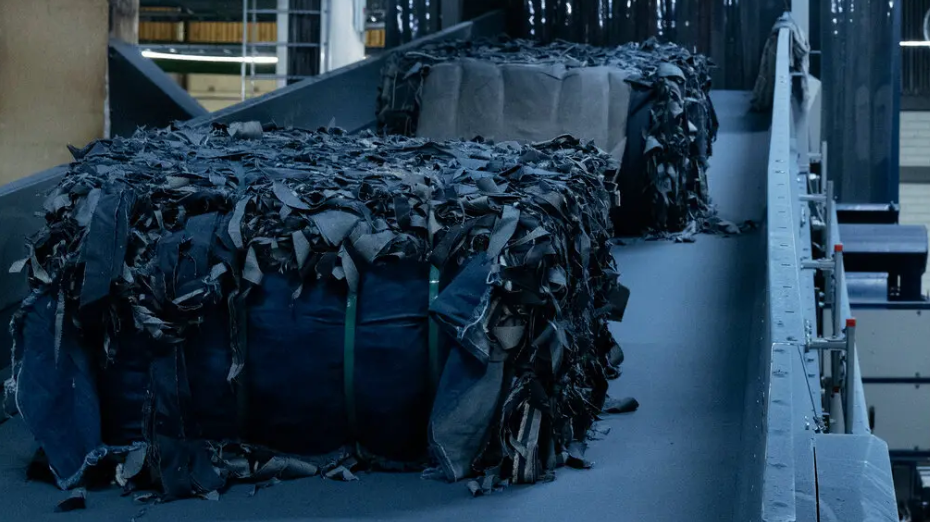Mechanical recycling is a promising method for managing post-consumer textiles and addressing the environmental impact of the fashion industry. Textile waste is a significant problem, with millions of tons ending up in landfills each year. Mechanical recycling offers a sustainable approach to reduce this waste and extend the lifespan of textiles. Here are some key points regarding the potential of mechanical recycling for post-consumer textiles:
5. Circular Fashion: Mechanical recycling aligns with the concept of a circular economy in the fashion industry, where textiles are reused and recycled, reducing the need for the production of new textiles and minimizing waste.
6. Consumer Awareness and Industry Initiatives: Increasing consumer awareness of the environmental impact of fashion is driving demand for sustainable and recycled textiles. Many fashion brands and retailers are incorporating recycled materials into their products.
7. Policy and Regulation: Governments and international organizations are starting to recognize the importance of sustainable textile management and are implementing regulations and standards to encourage recycling and reduce waste.
In conclusion, mechanical recycling has significant potential for managing post-consumer textiles in a more sustainable and environmentally friendly manner. While it is not a one-size-fits-all solution and faces challenges, ongoing research and innovation are likely to expand its applicability and improve its efficiency in the future. It is an essential part of the broader effort to make the fashion industry more sustainable and reduce its environmental footprint.


